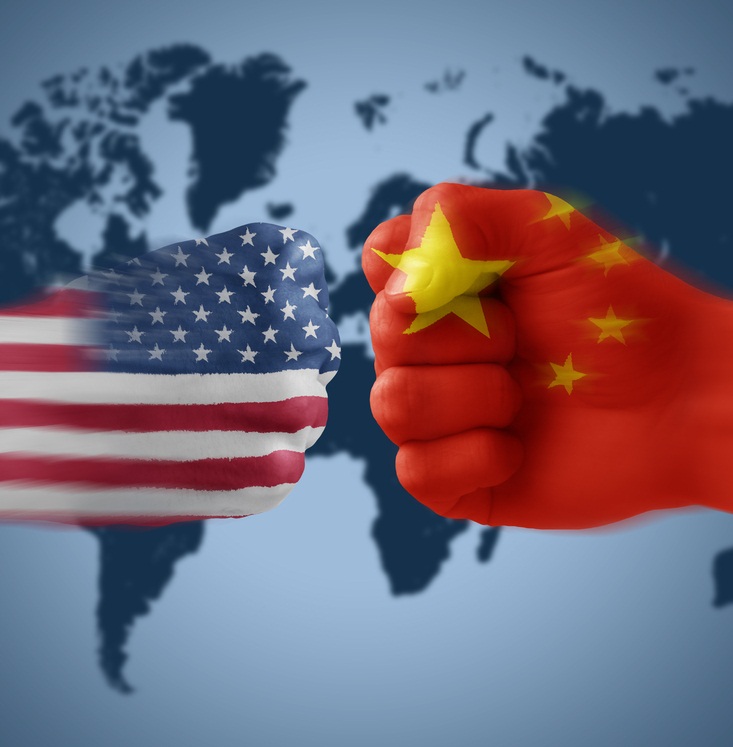

Shares in China Mobile finished their first day of trading in their Shanghai debut on Wednesday, in what has been China’s biggest public offering in a decade.
The world’s biggest mobile operator (by number of users) enjoyed a successful IPO after its shares opened 9.4 percent higher, before easing back, but still closing higher than its offer price.
The debut helped the operator raise 48.7 billion yuan ($7.64 billion), and comes after it was forced out of Wall Street in January 2021, after the Trump administration in November 2020, banned American investment in companies with ties to the Chinese military.
China Mobile was not the only firm kicked off the New York Stock Exchange, as two smaller Chinese state-run telecom providers (China Telecom and China Unicom) were also removed from the NYSE.
President Joe Biden signed an executive order in June 2021 that expanded the American investment ban, CNN reported.
After its NYSE removal, China Telecom (the second largest telecoms firm in China) also listed in Shanghai.
China Mobile’s stock on Wednesday opened at 63 yuan, 9.4 percent higher than the offer price of 57.58 yuan, before declining over the course of the day to close 0.52 percent higher at 57.88 yuan.
The carrier’s Hong Kong-listed shares also reportedly closed 3.33 percent higher, and the operator said it would press ahead with a plan to buy back up to 2.05 billion shares (or 10 percent of its Hong Kong-listed shares), worth nearly $13 billion.
China Mobile intends to use proceeds from the Shanghai offering to continue to develop 5G networks, cloud infrastructure, and smart home ecosystems.
The US restrictions also impacted Chinese ride-hailing giant Didi Global, which in December revealed plans to delist from the New York Stock Exchange, only months after its IPO in July.
Didi said it was “immediately” preparing to list its shares in Hong Kong, and said holders of its US-listed shares would be able to convert their holdings to those on another stock exchange.
The company had raised $4.4 billion (£3.3bn) in its summer New York IPO, but the company was said to have proceeded with the US listing against the wishes of Chinese regulators.
Didi’s shares on the NYSE had lost more than 40 percent of their value since the IPO, a loss of nearly $30bn in market capitalisation.
The US Securities and Exchange Commission also recently introduced new restrictions of its own, saying it had finalised rules that mean US-listed overseas companies can be delisted if their auditors refuse to supply information to US regulators.
The law was passed last year, following years of refusals by Chinese regulators to allow US authorities to audit Chinese firms that trade in the US.
More bad news for Google. Second time in less than a year that some part…
Federal office that tackled misinformation and disinformation from hostile nations is closed down, after criticism…
After Nvidia admits it will take $5.5 billion charge as Trump export limits of slower…
Trump continues to target his former CISA head, signing a new executive order targetting Chris…
Two Chinese retailers warn customers in America that prices will increase next week, as Trump's…
Engineer Cristina Balan wins latest round in her long-running defamation claim against Elon Musk's EV…